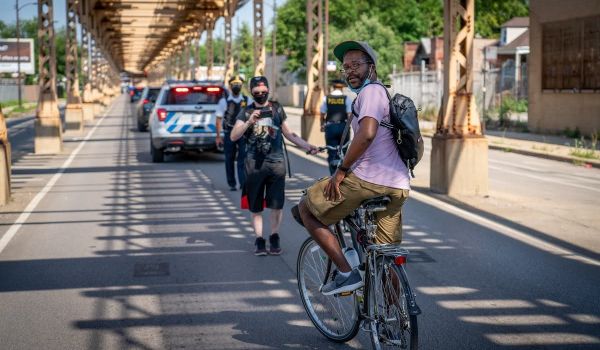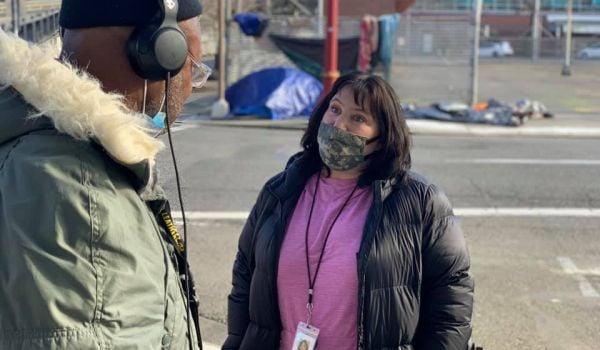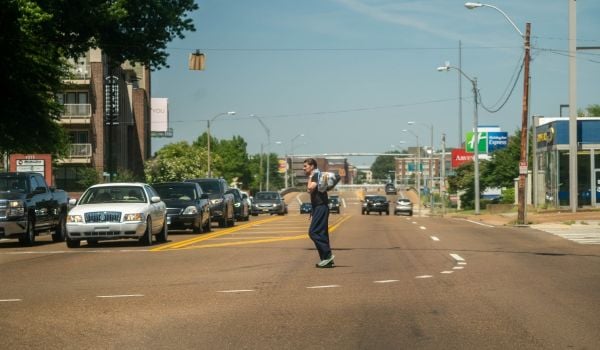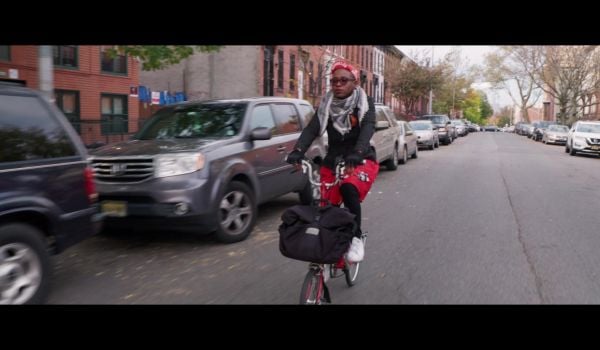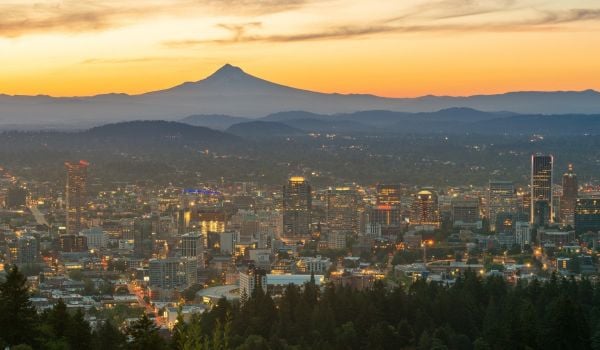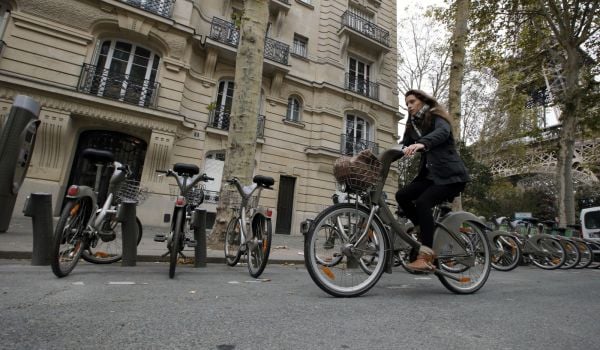Starting this week, Portland’s default speed on non-arterial residential streets will slow to 20 mph. The switch (from 25 mph) was approved unanimously by Portland City Council Wednesday, and is part of the city’s ongoing Vision Zero efforts. It will apply to about 70 percent of Portland’s total grid.
The new maximum is effective immediately on streets without posted speed limit signs, the Oregonian reports. On streets with posted 25 mph signs, the change will take effect once the signs are replaced — a task that the city believes will cost about $300,000 and be finished by April.
“To people who say this won’t work, I say it might,” Commissioner Amanda Fritz said, according to the paper. “To anyone who drives, I ask, do you want to be the driver who causes a traffic fatality? If staying at a reasonable speed will decrease the likelihood that you will cause that crash, I would suggest it is in your best interest to do that, as well as everybody else on the street.”
Portland adopted a Vision Zero resolution in 2015, but as Next City has covered, it did so without a specific plan. In 2016, the Portland Bureau of Transportation released a more concrete set of guidelines. Like other municipal Vision Zero efforts (in San Francisco, Seattle and Philadelphia) it mapped out a “high crash network” and suggested slowing speeds across the city.
According to the Oregonian, commissioner Nick Fish said the new 20-mph policy was a good start, but should be paired with police enforcement.
“There’s a big education piece, and there’s a huge enforcement piece,” he said. “Some people are not getting the message right now.”
Increased police enforcement, however, is one of Vision Zero’s more controversial components. As Josh Cohen wrote for Next City in 2016:
Equity-minded safer streets advocates have criticized Vision Zero’s emphasis on traffic enforcement because people of color get stopped by police at disproportionate rates to white people (a problem prevalent in Portland). And, as the high-profile deaths of Philando Castile, Walter Scott, Terence Crutcher and many others illustrate, those traffic stops can escalate in fatal ways. So there is concern that Vision Zero traffic enforcement could have unintended consequences in communities of color.

Rachel Dovey is an award-winning freelance writer and former USC Annenberg fellow living at the northern tip of California’s Bay Area. She writes about infrastructure, water and climate change and has been published by Bust, Wired, Paste, SF Weekly, the East Bay Express and the North Bay Bohemian
Follow Rachel .(JavaScript must be enabled to view this email address)

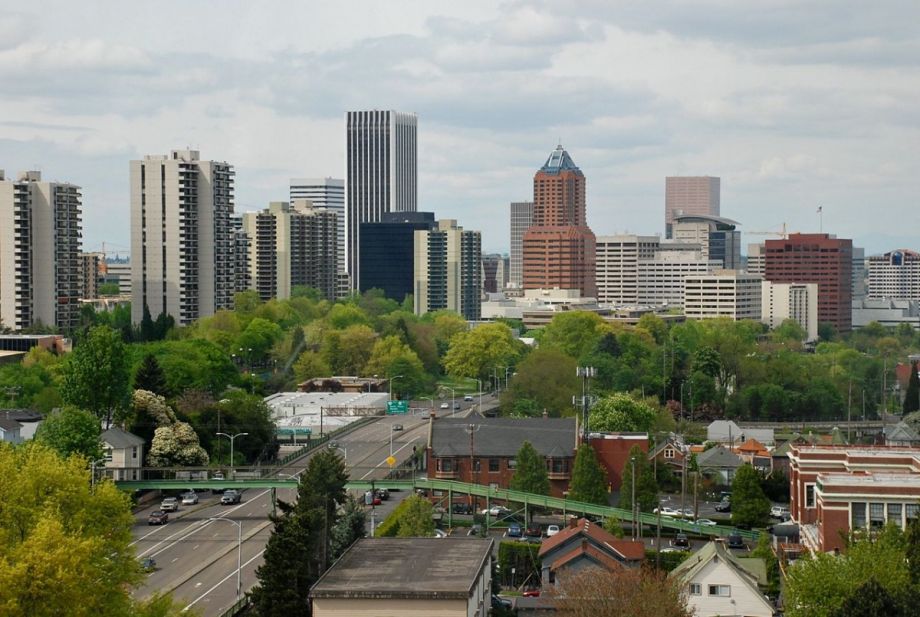
_600_350_80_s_c1.jpg)
